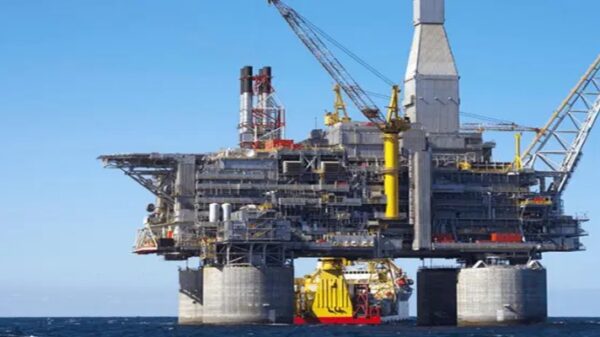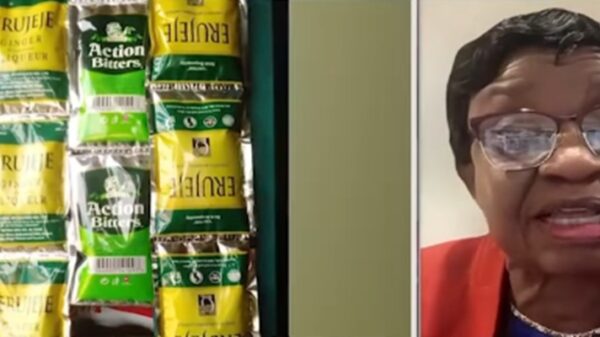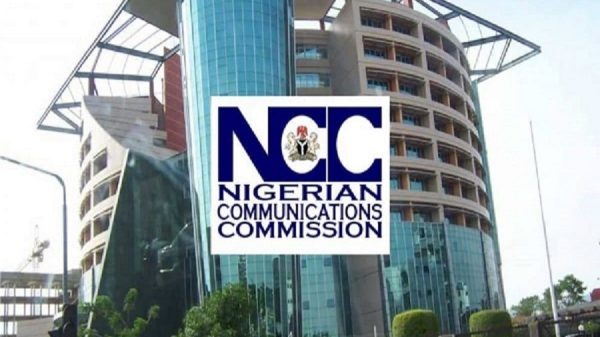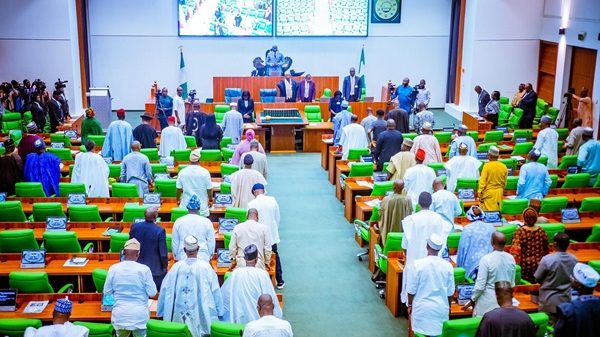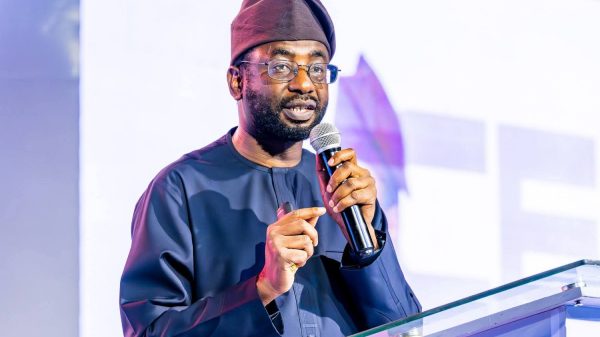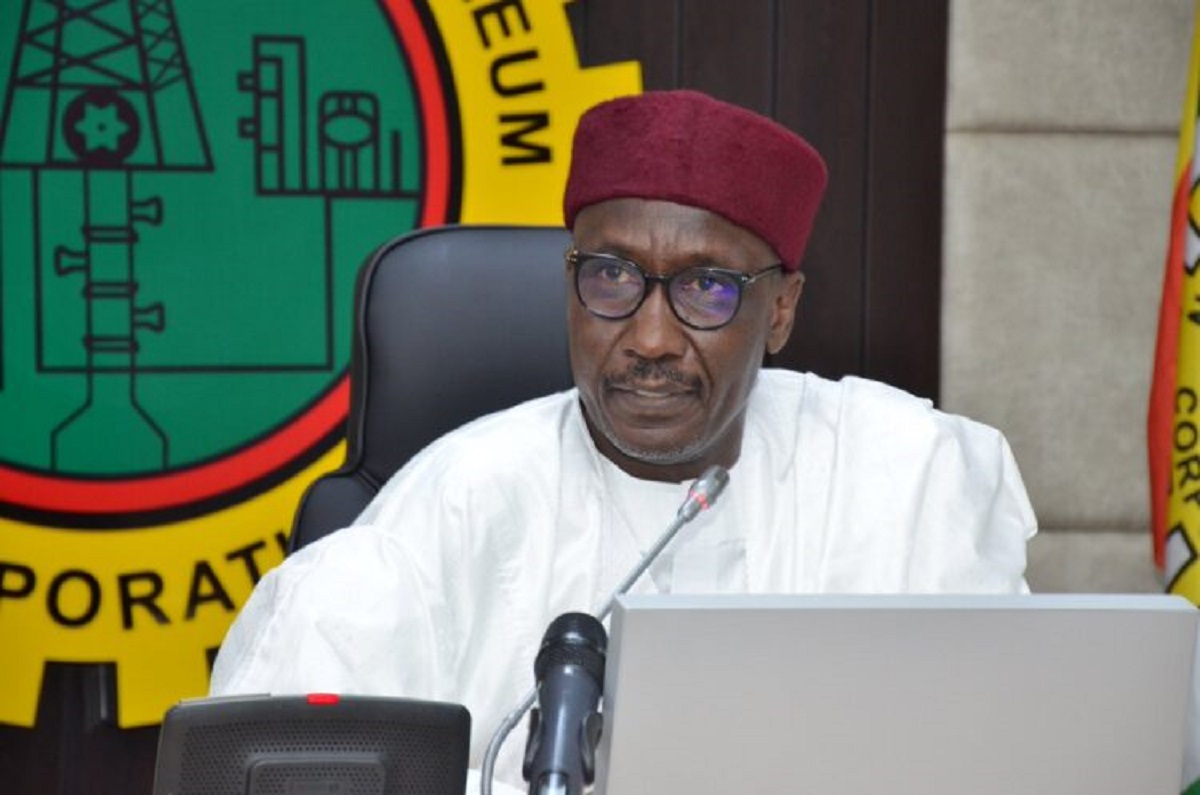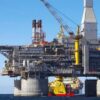Nigerian National Petroleum Company Limited (NNPC Ltd.) has revealed that it will start lifting petrol from the Dangote Refinery from September 15.
This is coming a few hours after the Refinery debunked reports claiming that the NNPCL had started the lifting of its petrol and selling for N897 per litre.
Speaking on TVC News’ “Journalists’ Hangout” show on Thursday, the Executive Vice President of Downstream, NNPC Ltd., Mr. Adedapo Segun explained that the corporation is awaiting the September 15 deadline provided by the Refinery to start lifting petrol.
Read Also: PMS Prices are Determined by Free Market Forces – NNPC Counters Dangote
Segun also said that foreign exchange (forex) illiquidity has been a significant factor influencing the fluctuation in prices of Premium Motor Spirit (PMS), which are governed by unrestricted free market forces, as provided for in the Petroleum Industry Act (PIA), 2021.
He revealed that the current fuel scarcity was expected to “subside in a few days as more stations recalibrate and begin selling PMS.”
He said Section 205 of the PIA, which established NNPC Ltd., stipulated that petroleum prices were determined by unrestricted free market forces.
According to him, “The market has been deregulated, meaning that petrol prices are now determined by market forces rather than by the government or NNPC Ltd. Additionally, the exchange rate plays a significant role in influencing these prices.”
Read Also: NNPCL denies inflating fuel subsidy by N3.3tn
Segun, who said no right-thinking individual would be comfortable with the current fuel scarcity, added that the NNPC Ltd. has nearly a thousand filling stations nationwide and was collaborating with marketers to “ensure that stations open early, close late, in order to maintain adequate fuel supply to meet the needs of Nigerians.”
He assured Nigerians: “We are also engaging relevant authorities to ensure products diversions are prevented and timely deliveries to all stations are ensured. The scarcity should ease in the next few days as more stations recalibrate and begin operations.”
![]()



